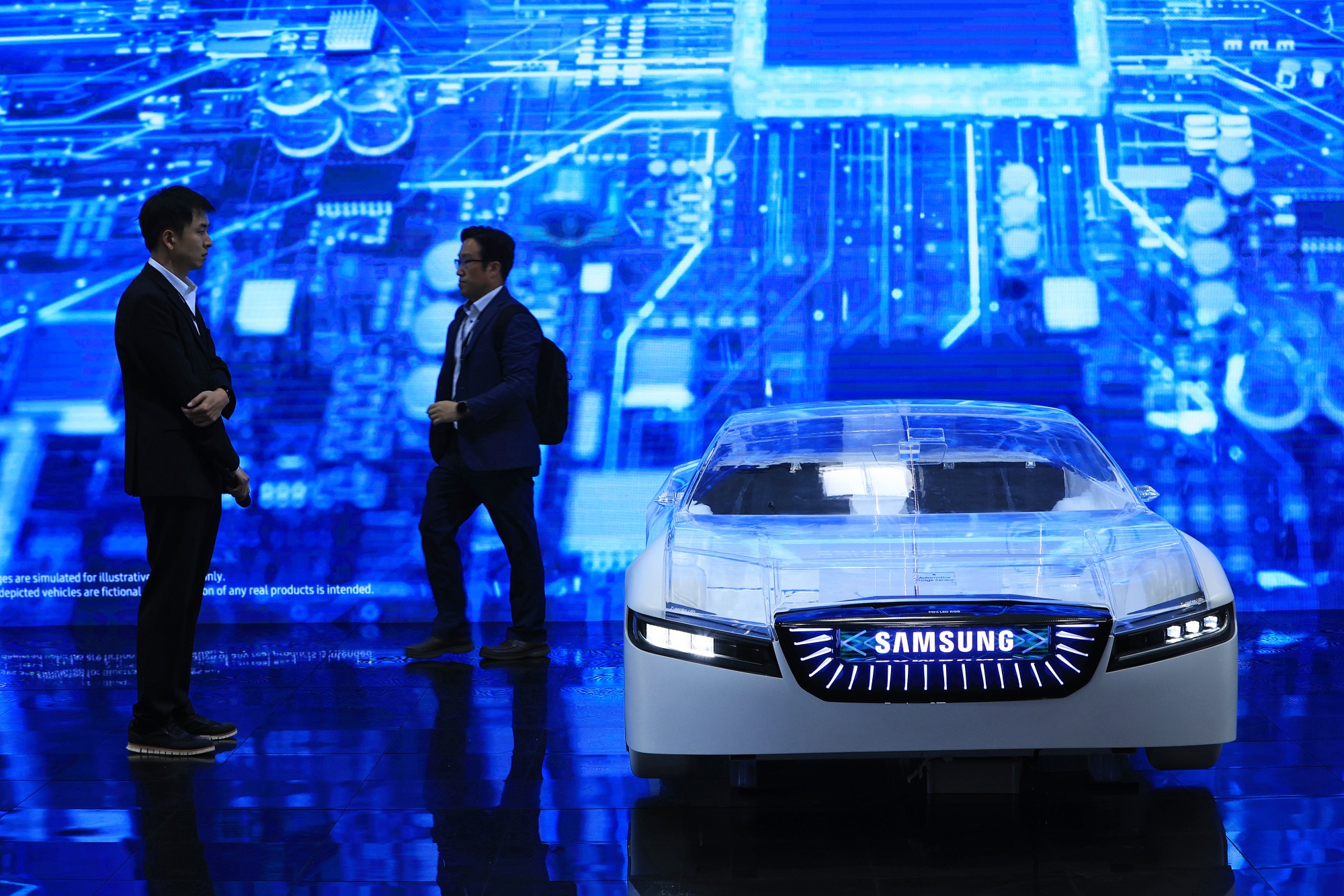The prevailing narrative emphasizes the necessity of transitioning to electric vehicles to combat emissions, conserve fuel, and sustain industrial momentum for both the automotive sector and the environment.
However, a recent report from Automotive News underscores that the shift to electric cars cannot remedy the broader challenges associated with automobiles.
The study cautions against overstating the transformative potential of electric vehicles in mitigating what it terms a “global epidemic of car harm.”
Despite transitioning away from gasoline-powered models, the persistent focus on speed over safety within the automotive system contributes significantly to the ongoing toll of fatalities, injuries, and other adversities.
As per the report, motor vehicles, directly or through pollution, account for an alarming one out of 34 deaths annually, totaling approximately 1.7 million lives lost.
Lead author Patrick Miner, a PhD candidate at the University of Edinburgh, acknowledges the somber tone of the study, underscoring the grim realities embedded within the fabric of car culture and its impact on urban landscapes.

The research highlights distressing statistics, revealing that over 40% of fatalities caused by motor vehicles involve pedestrians, cyclists, or individuals using mobility aids. Moreover, SUVs, increasingly favored amid the transition to electric vehicles, pose a significantly higher risk to children, amplifying concerns about vehicle safety.
Addressing broader issues such as drunk driving, firearm-related incidents, and systemic inequities in law enforcement remains imperative.
The paper underscores the prevalence of police violence against marginalized communities during routine traffic stops in the United States, further compounding the complexities surrounding automotive safety.
While electric cars are often heralded as the vanguard of automotive innovation, they offer limited solutions to these entrenched challenges. Moreover, the transition to electric propulsion may inadvertently exacerbate safety concerns by introducing heavier vehicles due to the added weight of batteries.
In essence, while electric vehicles hold promise in mitigating environmental impacts, addressing the multifaceted issues of automotive safety demands a more comprehensive and nuanced approach beyond technological advancements alone.
Also read: China’s BYD, the Biggest Electric Car Maker, Isn’t Coming to America Yet

